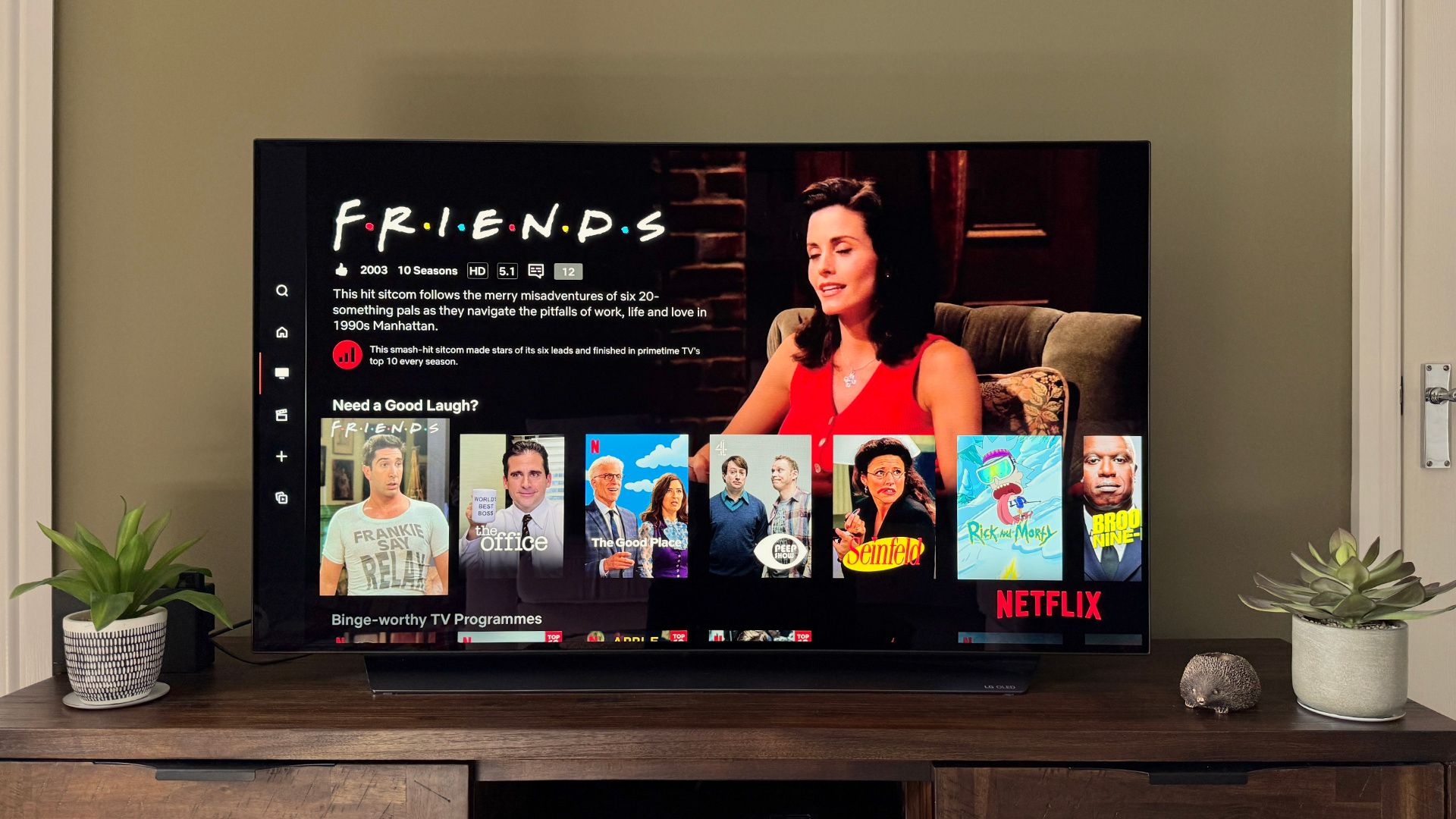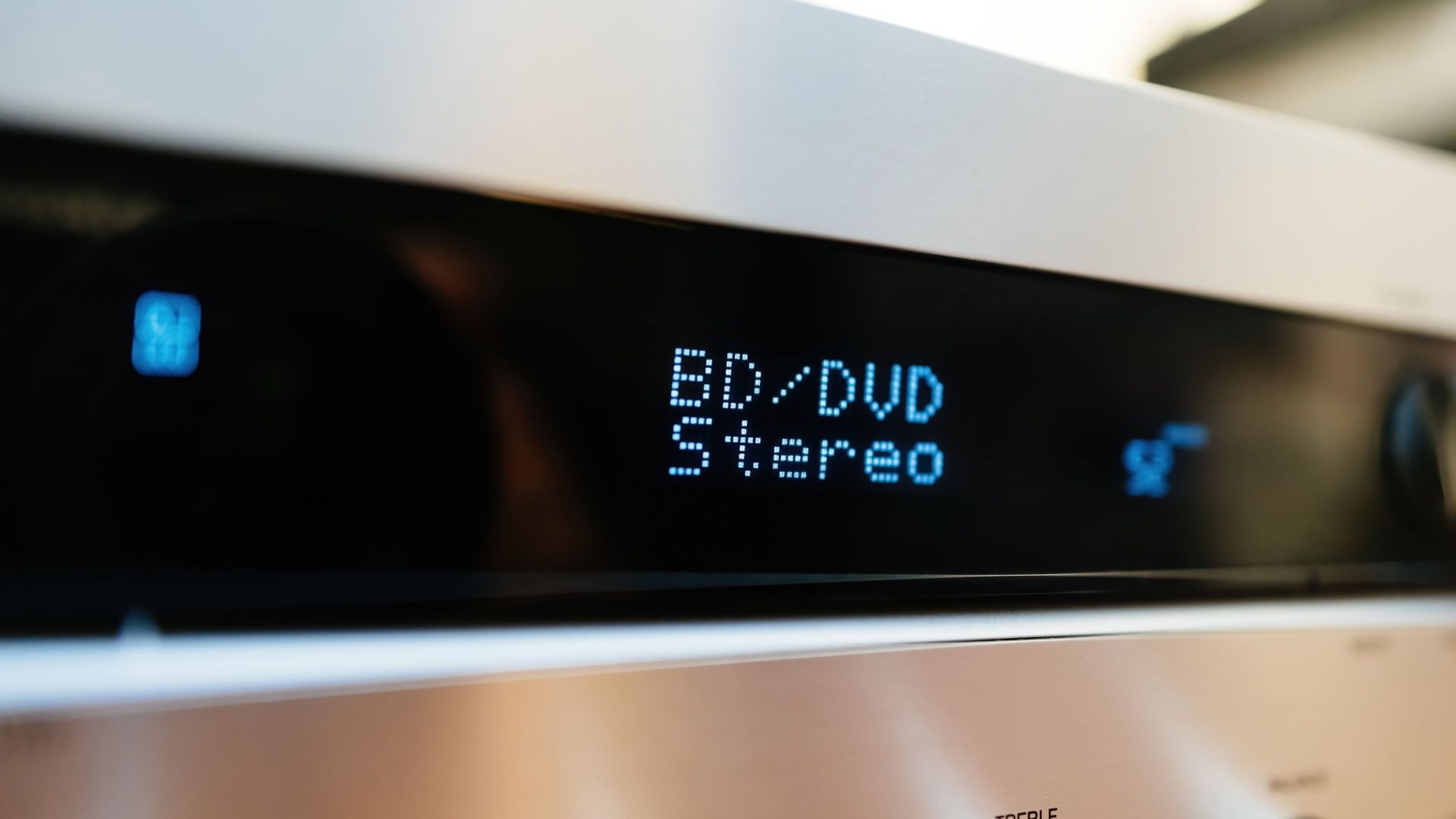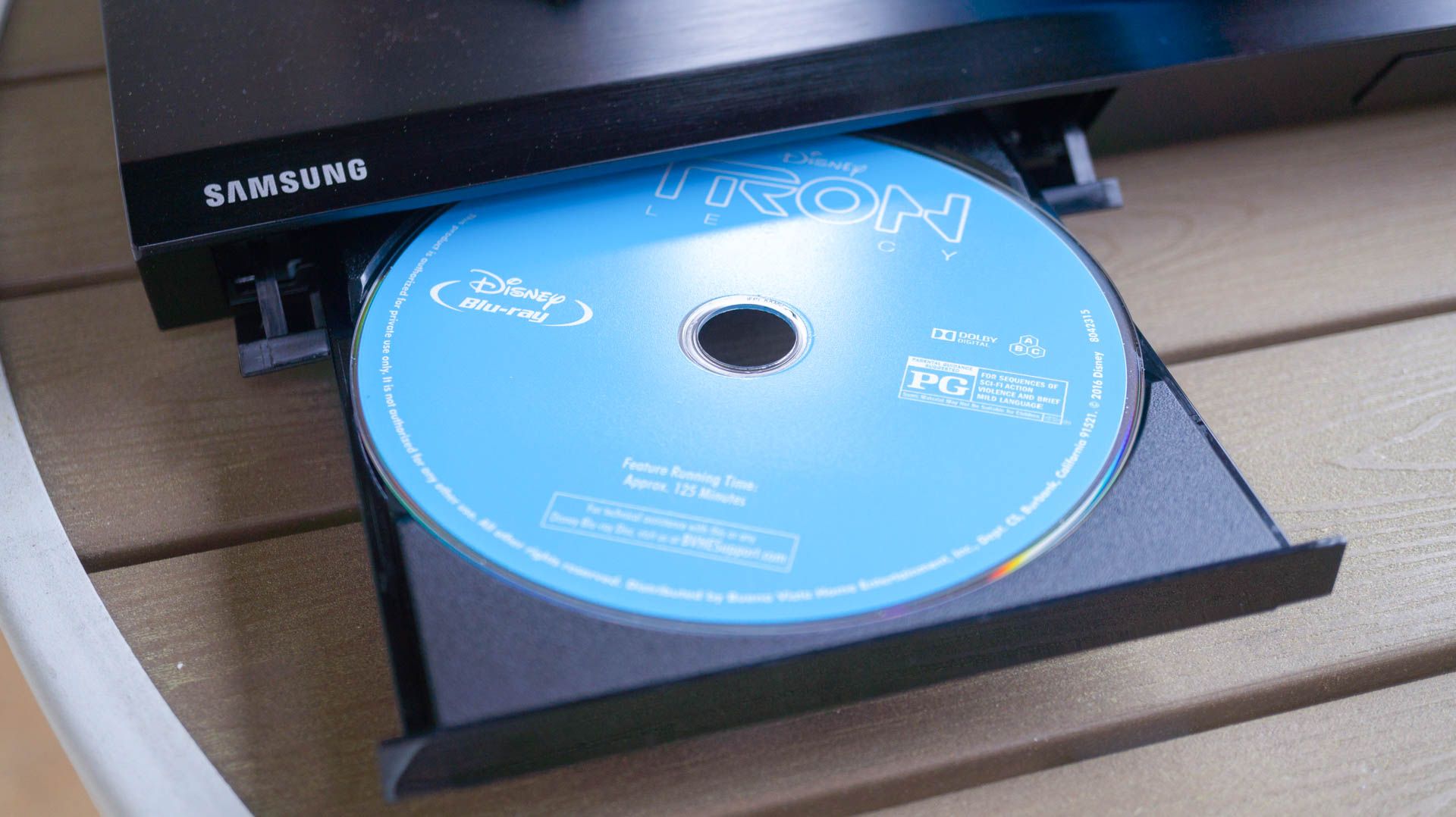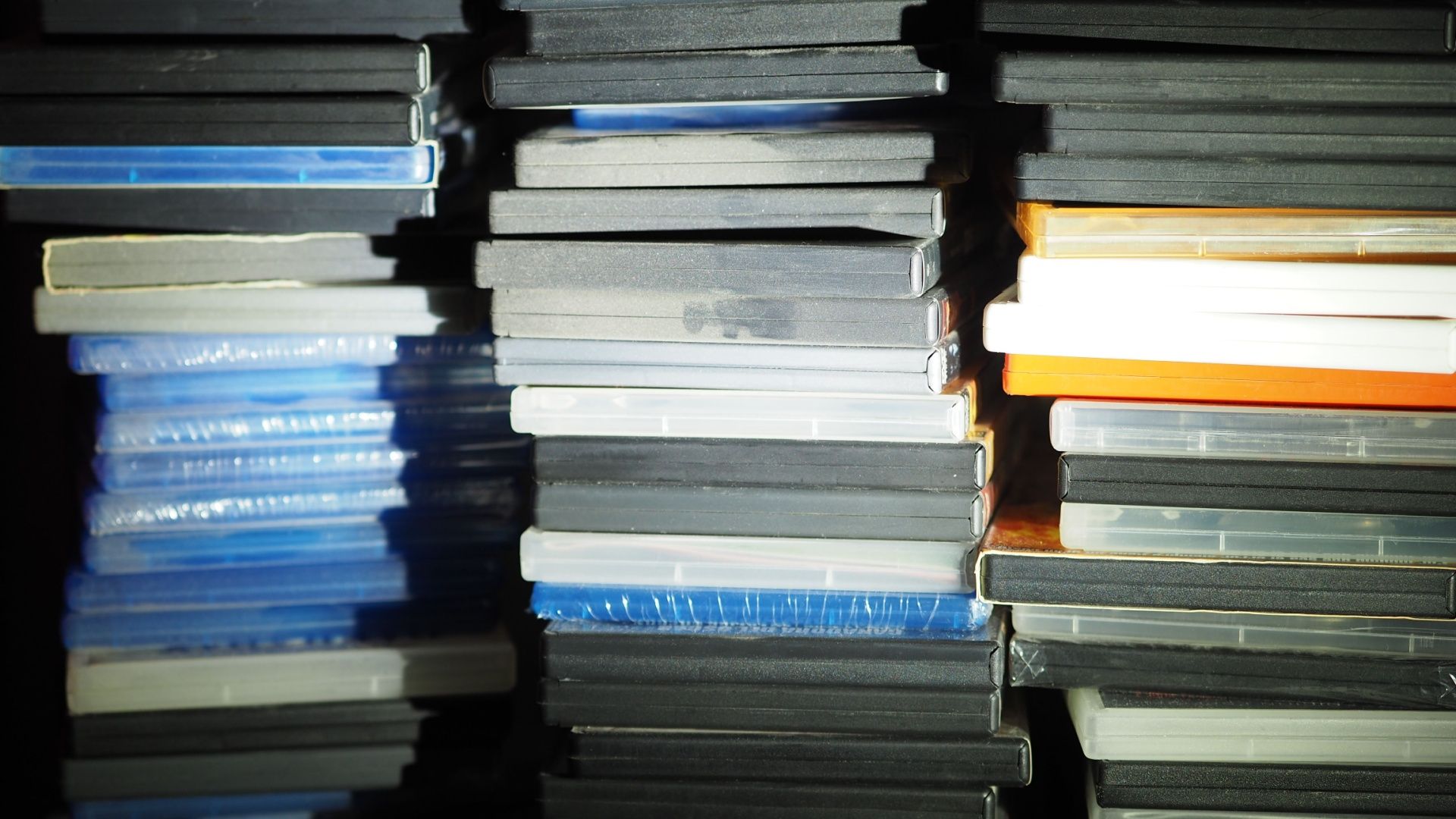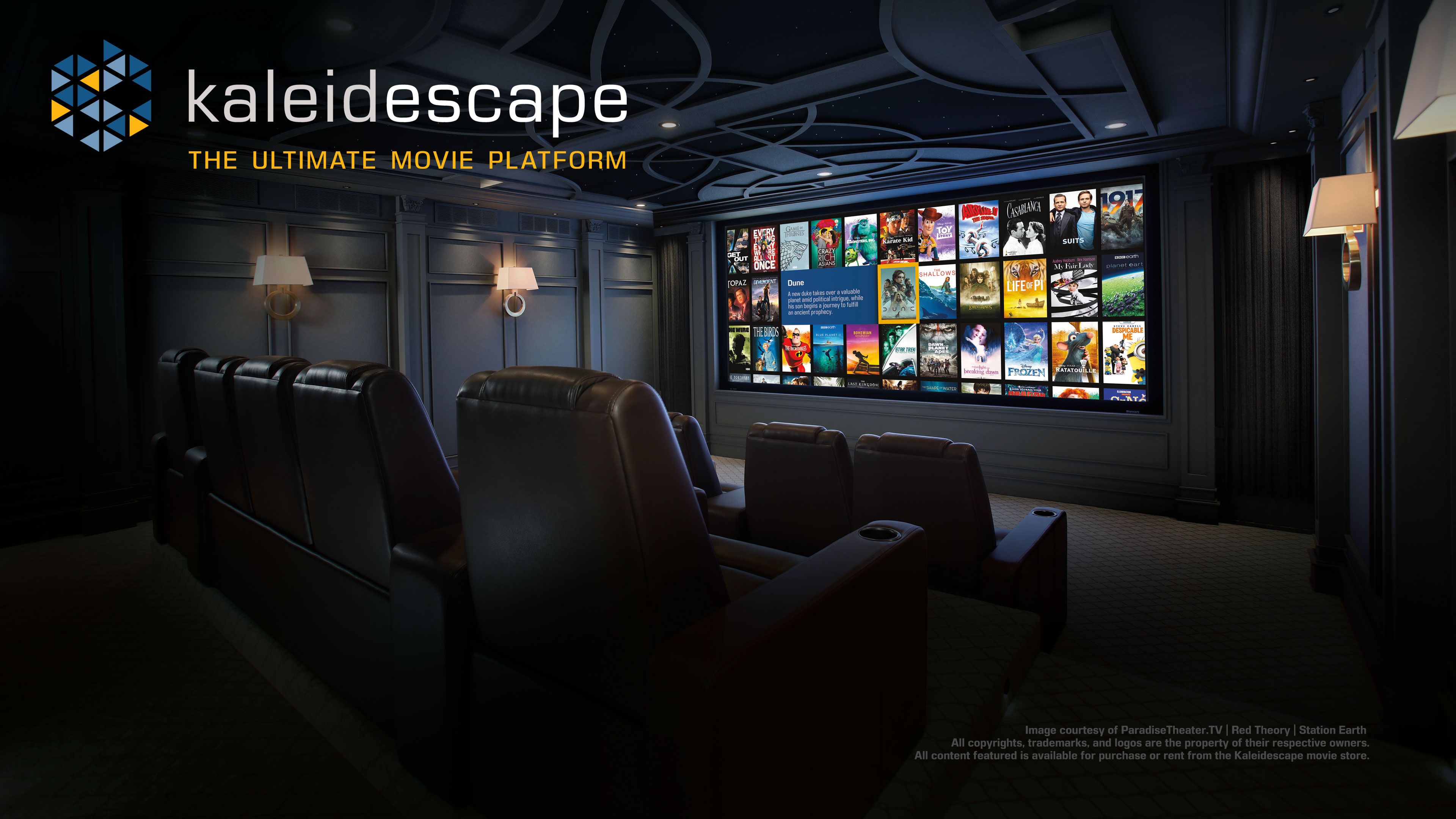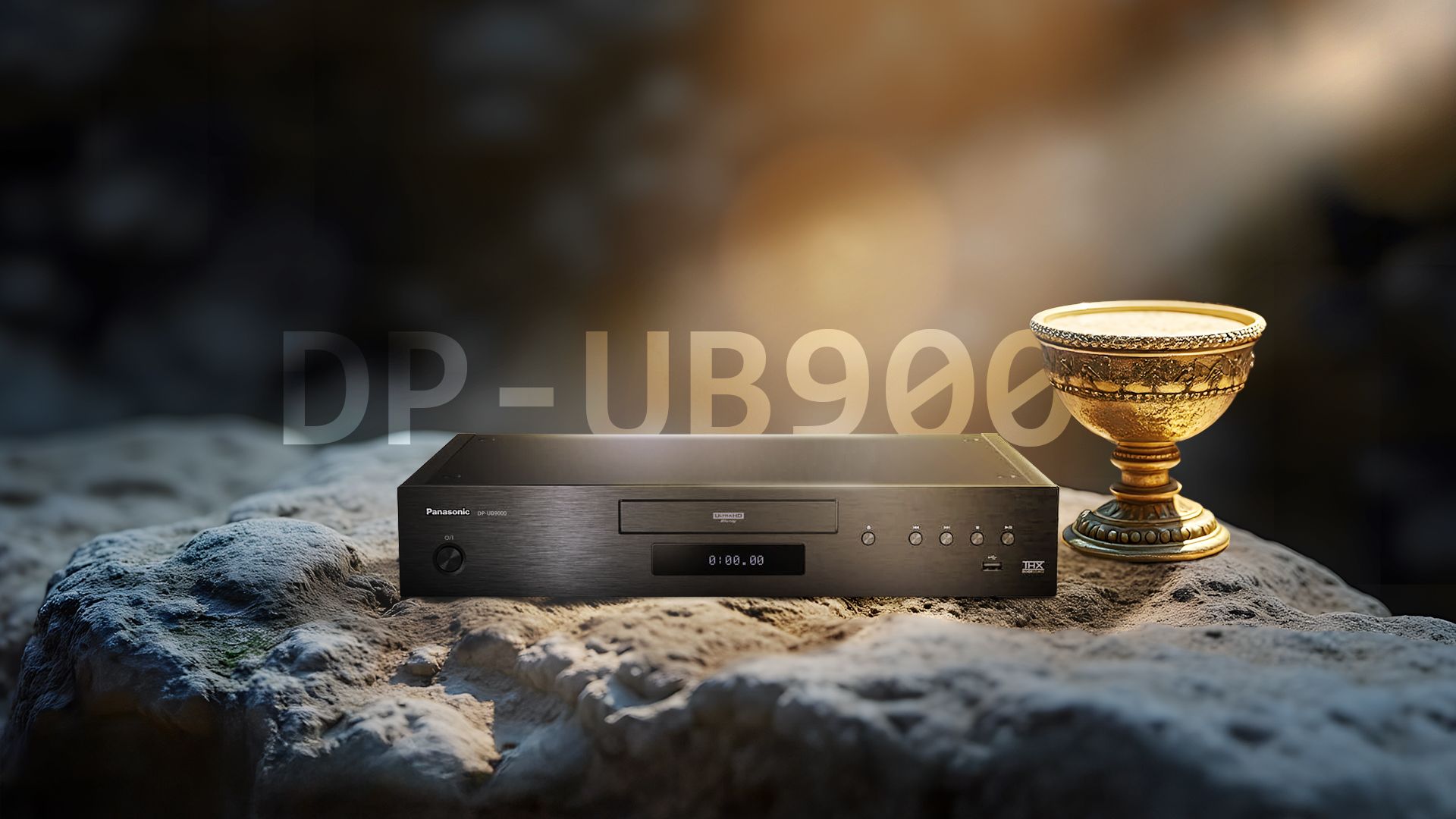Summary
- Blu-ray disc quality surpasses streaming due to bitrate differences & resulting visual issues.
- Physical media remain the optimal choice over streaming for superior quality but may become niche.
- Kaleidascape offers high-quality video streaming, but substantial hardware investment is necessary.
The gulf in quality between a Blu-ray disc and even the best mainstream streaming services is vast. It’s not just something video nerds notice! Which is why I always advocate buying your favorite shows and movies on disc, but for most people, convenience seems to trump all.
However, what if you could get a similar level of quality downloading over the internet? Like the video version of hi-resolution audio? Well, it is possible, but it may throw the convenience factor out that streaming and digital downloads are meant to offer in the first place.
Streaming Video Has a Bitrate Problem
The whole reason this is even an issue comes down to the enormous difference in bit-rate between typical streaming services and physical media. A 4K UHD Blu-ray can have a bitrate of up to 128Mbps, and a standard Blu-ray is around 40Mbps for a 1080p video. A 4K stream from a service like Netflix or Amazon might top out at 25Mbps,but is usually quite a bit less. Even with the magic of modern high-efficiency video codecs, that’s still a massive difference in quality.
These 4K streams look OK, but if you have a higher-end TV or a very large TV, the cracks become apparent. Even on most mainstream TVs you can clearly see motion smearing, macro-blocking, color banding in scene elements such as the sky or darkness, worse color reproduction, and the list goes on. If you’re someone who has never watched a Blu-ray, then I suppose ignorance is bliss, but for those of us coming from physical media to streaming, it’s always been a sore point.
Clearly, the best solution is simply to buy your favorite movies and shows on Blu-ray. Personally, I prefer this route because it’s affordable, simple, and accessible to just about everyone.
However, I’m also a realist and I know that physical media will likely just become more niche over the years, especially as internet coverage increases, bandwidth widens, and access to large, cheap home storage becomes common. Like many people I have a home media server, and I have the option of creating “rips” of my Blu-ray discs on that server to stream them locally.
However, even with minimal compression that won’t affect the perceived quality of the video, these rips are absolutely enormous, so it’s not the most practical solution. It’s no wonder services like Netflix aren’t keen to offer a “lossless” video streaming option, since hosting and serving these files over the internet is currently unsustainable.
In other words, a small plastic disc dedicated to storing the best quality version of the media still looks like the best solution today, on balance.
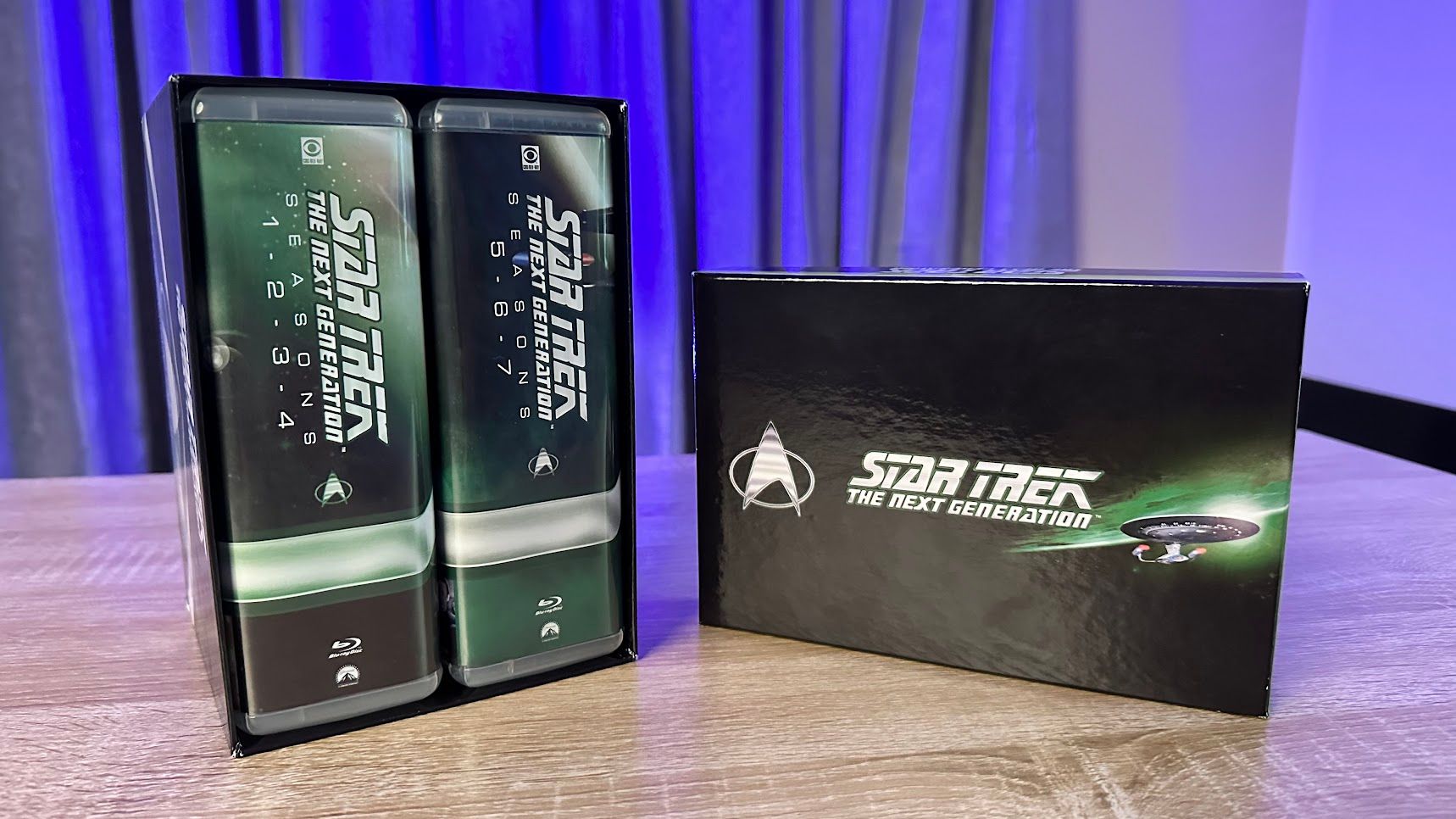
Related
Why I Bought Star Trek on Blu-ray Despite Streaming Services
I don’t have to suffer from saucer-separation anymore.
A Reference Video Streamer Has Entered the Arena
However, if you do want something as good as Blu-ray on a streaming service, you do have at least one option in the form of Kaleidascape.
Kaleidscape describes itself as “…the only digital provider of movies with lossless audio and full reference video quality.” and there are a few things to unpack here. First off, lossless audio is just what it says on the tin: audio that contains all the original recorded information. Basically, it doesn’t get better than this in terms of source material, so it’s up to your audio gear to make the most of it.
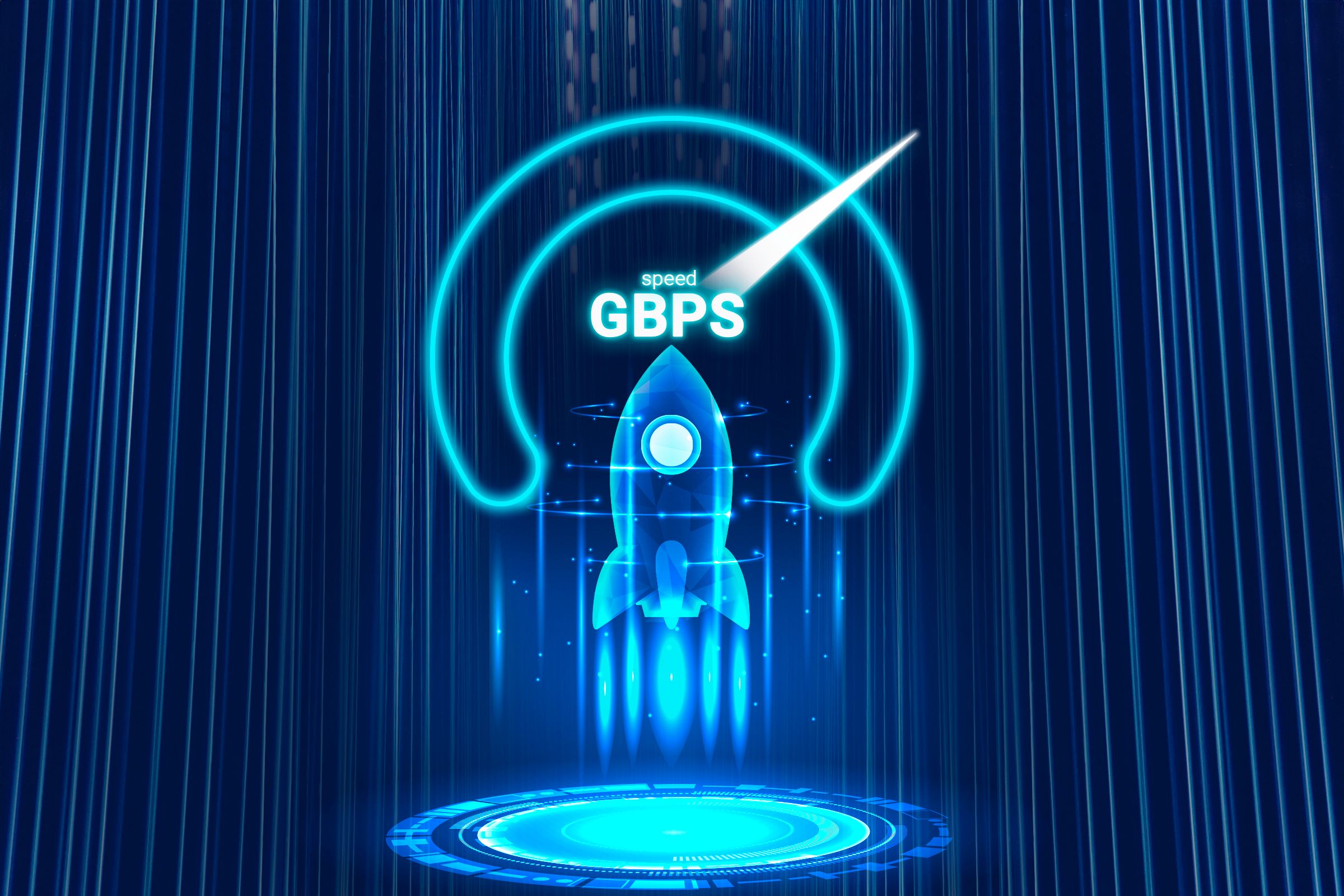
Related
Who Needs Gigabit Internet? I Do, And You Might Too
I felt the need, the need for really fast internet.
The second part is a little more complex. “Reference” quality generally means that what you get is the gold-standard. It’s what other formats or versions of something are compared to. So the pitch here is that the video you get is exactly as the original creators intended. Kaleidascape promises “pixel-perfect” videos with no compression artifacts or any blemishes that aren’t intentional.
So, as with lossless audio, it’s your actual gear that makes the difference in how good things look. The media shouldn’t be the limiting factor.
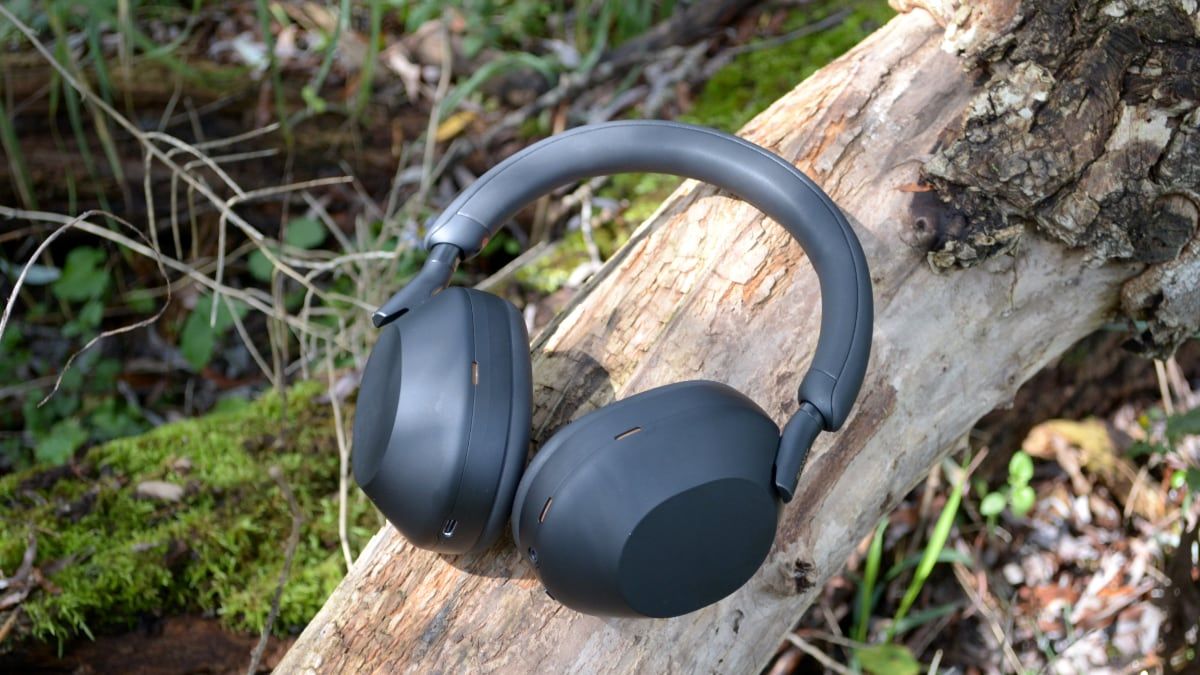
Related
Lossless vs. Hi-Res Audio: What’s the Difference?
And which one is more important if you’re looking for the best listening experience?
There’s a Steep Hardware Investment
This sounds pretty great, but sadly, as it stands, you can’t just buy or rent movies from this service and start playing them on your Apple TV or Android box. You probably need to purchase one of the company’s movie servers to download and store the movies in question, and also a special movie player for each room where you want to watch those movies.
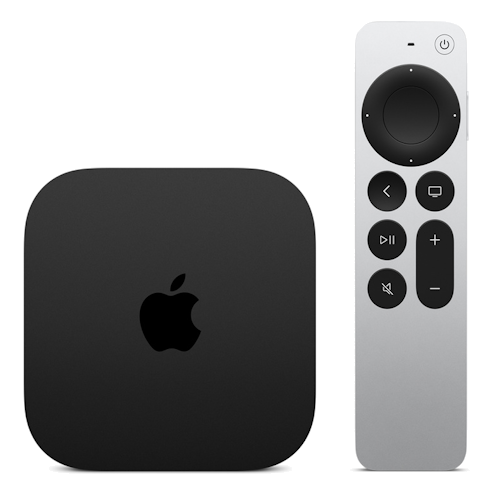
The servers have hundreds of terabytes of storage space, and download movies, music concerts, and series in the background so that you can watch them later regardless of internet performance. Some of the players on offer have their own internal storage, which means a server isn’t strictly necessary, but if you don’t have blazing-fast internet, those downloads will take a while.
Kaleidascape also recommends that you have a pretty high-end home theater, and the company has a pretty comprehensive set of guides on how they want you to build your home theater. So yeah, we’re not looking at a small investment here.
At Least Someone Is Working on It
If you’re already set up to make the most of Blu-ray movies, then Kaleidascape’s offering presents a way to get the same or similar quality over the internet, perhaps long before those discs release. In some cases, a physical version of a series or movie is never coming. In which case, we’re forever stuck with the inferior compressed version for streaming or downloads, unless a high-quality file is on offer. However, according to Kaleidascape its media is about ten times the size of what services like Netflix offer, so it’s not going mainstream any time soon.
That said, if we’re going to leave physical media behind, those of us who care about the technical quality of our films and series should have some sort of digital-only option that lives up to what we still have today in the form of Blu-ray. There seems little point in studios producing such high-quality media, and then the only place you can see it in its full glory is the cinema, and then never again. So I hope more companies decide to provide this option one day.


